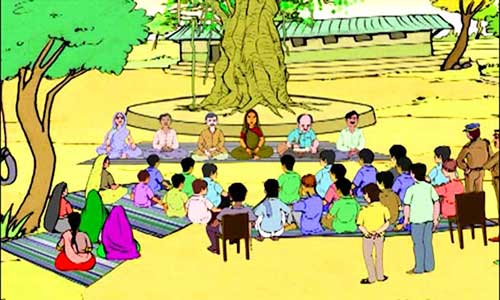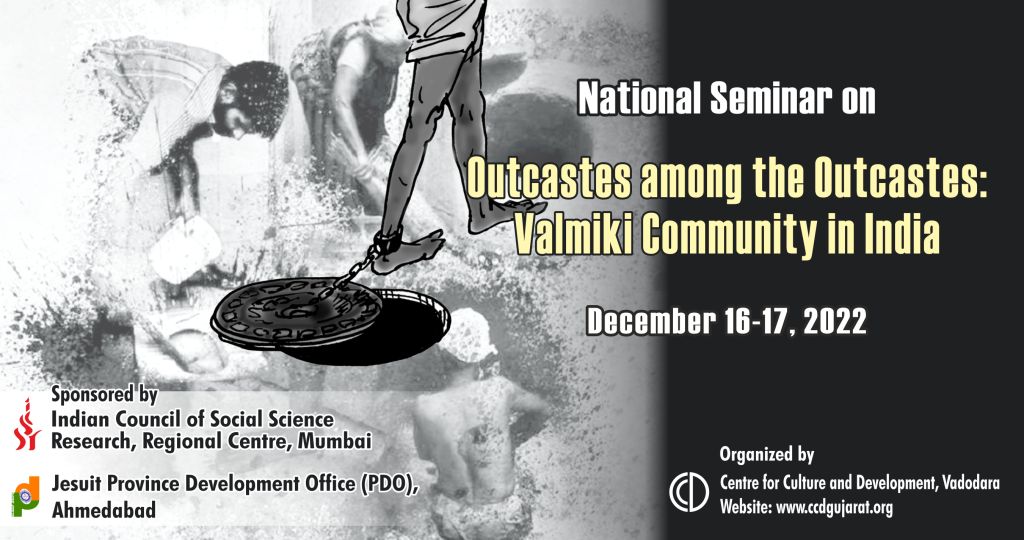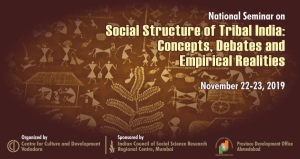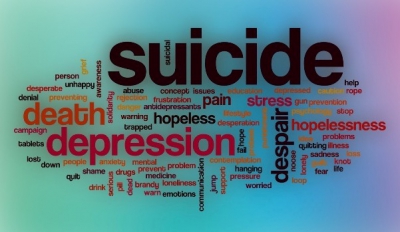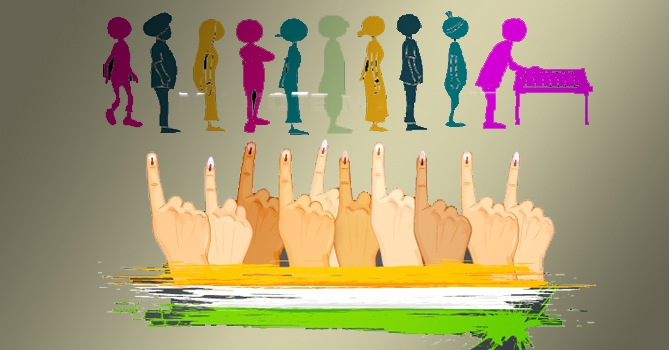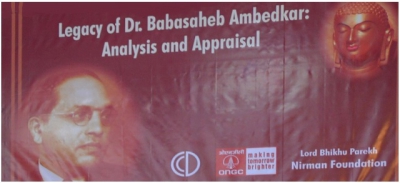CONCEPT NOTE
Introduction
It is by now well known that anthropologists and sociologists have for long focused their studies of the tribal communities of India on their culture (sanskriti) comprised of ecology, food gathering, agriculture, arts, crafts, dance, music, language, folklore, magic, witchcraft, religion, festivals, and so on. On the other hand, studies of social structure (samaj) of the tribes have been relatively sidelined. In other words, we have lesser knowledge of their groups, classes and categories, such as family and marriage, lineage and clan, network of kinship and affinity, and the implications of these for other structures of society, especially their political structure. In 1962, Surajit Sinha initiated studies on the social structure of the tribals. Subsequently, by following this approach, a few more scholars have studied the tribals of eastern and central India. In western India, however, no detailed study of the social structure of tribes has been conducted, except The Bhils of Ratanmal by YVS Nath in 1960.

